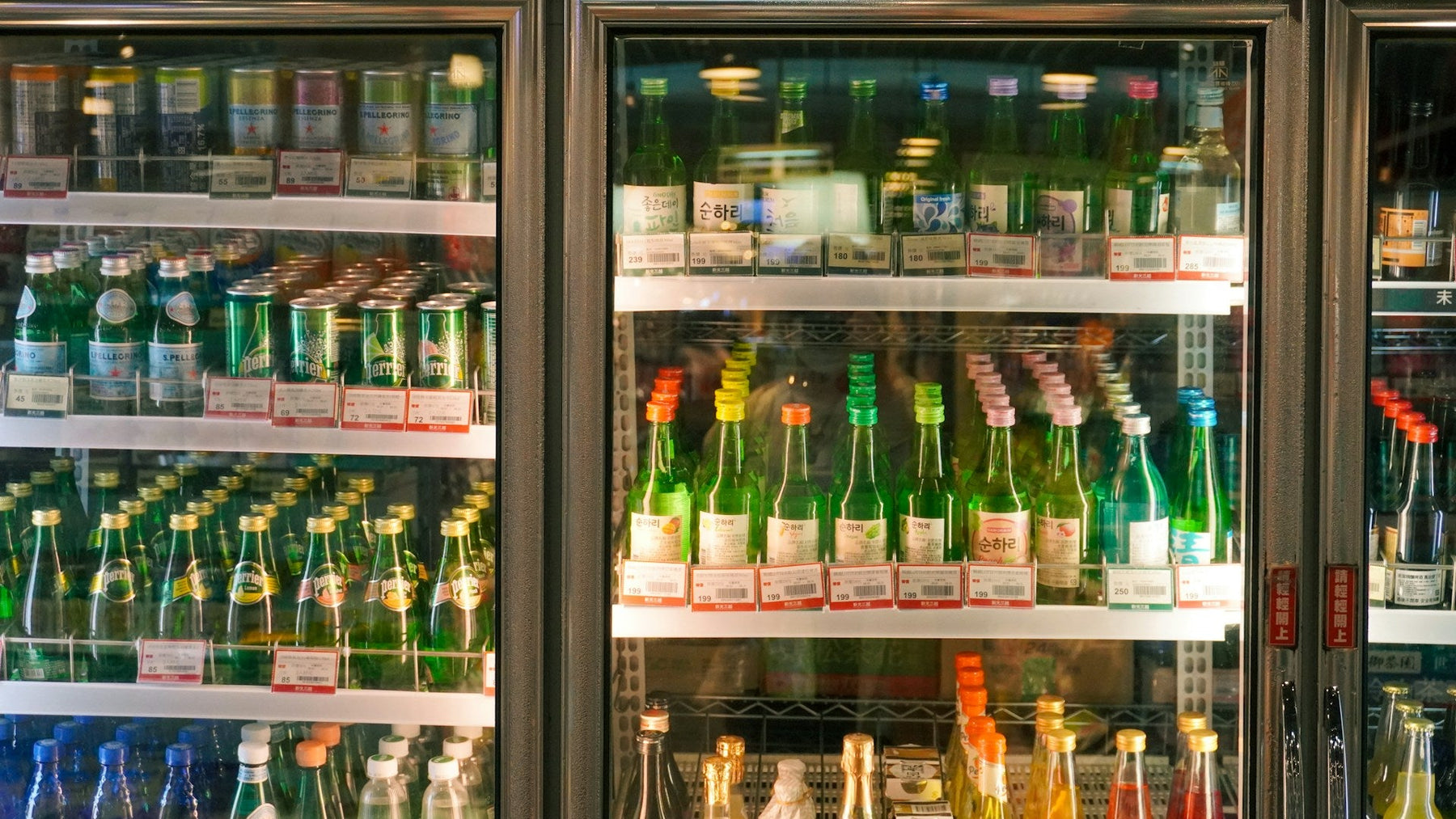
Signs Your Commercial Fridge Needs Immediate Attention
A well-functioning commercial fridge is key to keeping your business running smoothly. It ensures that all food items stay fresh and safe, helping you meet customer expectations and adhere to health standards. However, when something goes wrong with your fridge, it can create significant disruptions.
Recognising the early warning signs of fridge problems can prevent small issues from becoming big headaches. Whether it's unusual noises or an unexpected spike in energy bills, these indicators shouldn't be ignored. In this article, we explore common signs that indicate your commercial fridge needs immediate attention. Understanding these clues can help you act swiftly to avoid costly repairs or potential product loss.
By learning what to watch out for, you can keep your operations efficient and your customers happy. Regular maintenance alongside prompt intervention keeps your equipment reliable and your business thriving. Keep an eye on your fridge's performance and be ready to act when needed.
Unusual Noises and Vibrations
Hearing strange noises from your commercial fridge can be a clear sign that something is not right. These sounds can range from buzzing to clunking and often indicate that the fridge needs attention. Understanding what these noises mean can help you identify mechanical issues early.
Common sounds to listen for include:
- Buzzing: This may suggest a problem with the compressor or fan. Both components are crucial for keeping your fridge cool.
- Clunking or Banging: Often these sounds come from the motor or cooling system, signalling possible damage or worn-out parts.
- Whistling: This could mean there’s an issue with the door seals, allowing air to escape and making the fridge work harder.
Unusual vibrations can also point to underlying problems. If you feel excessive shaking when you touch the fridge, it may mean that the motor or compressor needs checking. Vibrations might also be caused by improper fridge placement or unstable flooring, which can lead to mechanical strain over time.
Always investigate noises and vibrations promptly. Ignoring them can result in larger, more expensive repairs. Regular maintenance checks are a proactive way to avoid unexpected breakdowns and ensure your fridge runs smoothly.
Fluctuating Temperatures
Maintaining a consistent temperature is vital for a commercial fridge, as it directly affects food safety and efficiency. Fluctuating temperatures can compromise food quality, leading to spoilage and potential health risks. Recognising signs of unreliable temperature control helps you address issues swiftly.
Signs that your fridge might be having temperature problems include:
- Frequent Temperature Alarms: Indicates that your fridge is struggling to maintain the set temperature.
- Visible Condensation: Excess moisture on the shelves or fridge walls suggests temperature inconsistencies.
- Soft Ice Cream or Melted Products: Highlights that the fridge is not cooling properly.
These temperature swings can have serious consequences. Food stored at incorrect temperatures is at risk of bacteria growth, posing health hazards. It also forces the fridge to use more energy to try to correct the temperature, increasing your utility bills.
To address these issues, regularly check the door seals and ensure they are closing tightly. Also, inspect the temperature settings and sensors to make sure they are working correctly. If you notice persistent fluctuations, it might be time to call a professional for a thorough inspection.
Excessive Frost or Ice Build-Up
When you spot frost or ice inside your commercial fridge, it is more than just a minor annoyance. This build-up can indicate serious underlying problems. Understanding what causes frost accumulation and addressing it promptly is crucial.
Frost and ice build-up can occur due to:
- Frequent Door Openings: Opening the fridge door too often lets warm air in, leading to condensation and frost formation.
- Faulty Door Seals: If door seals are damaged, they allow air leakage, contributing to icing inside the fridge.
- Issues with the Defrost System: If the defrost system in your fridge is not working, ice will accumulate because the mechanism fails to clear away frost.
Ignoring frost or ice build-up impacts your fridge's efficiency. Thick layers of ice can insulate the cooling elements, making the fridge work harder to stay cold. This can lead to increased energy consumption and even cause the fridge to overheat and break down.
Regularly defrosting your fridge and checking seals for wear and tear can help prevent excessive build-up. If frost develops quickly or becomes a recurring issue, consider consulting a professional service to address the problem.
Increased Energy Bills
An unexpected rise in energy bills can be a sign that your commercial fridge is not operating efficiently. Troubleshooting such issues is important for maintaining cost-effectiveness and reducing unnecessary strain on your equipment.
Several factors might cause increased energy use:
- Leaking Refrigerant: A common issue that forces the fridge to consume more power as it struggles to maintain the desired temperature.
- Old or Damaged Components: Parts like motors and fans can become less effective over time, leading to extra energy consumption.
- Frequent Temperature Changes: If the fridge's temperature is constantly adjusting, it may be overworking itself, using more power than necessary.
To identify these inefficiencies, start by performing a basic check-up on your fridge. Ensure that all mechanical parts are functioning well and that there’s no refrigerant leakage. Regularly monitor power usage patterns to catch any unusual spikes early.
Optimising your fridge’s performance can lower energy costs and reduce the risk of wear and tear. Timely repairs and tune-ups ensure your equipment runs smoothly, keeping bills in check.
Conclusion
Recognising the signs that your commercial fridge requires immediate attention is vital to keeping your business operations smooth and cost-effective. Unusual noises, fluctuating temperatures, frost build-up, and increased energy bills are all indicators that should be addressed promptly to prevent costly repairs or food spoilage. Learning to spot these signs early can help you maintain the reliability of your refrigeration system.
By being proactive and addressing potential problems as they arise, you safeguard your investment and support the longevity of your equipment. Regular maintenance is key to preventing issues before they escalate. Taking swift action can ensure that your fridge operates efficiently, keeping your products safe and your energy bills manageable.
If your commercial fridge needs professional care, Refrigeration Experts is here to help. Our skilled technicians understand the complexities of commercial fridges and are ready to tackle any problem you face. Reach out to our refrigeration experts for reliable support and keep your business running smoothly with first-rate refrigeration solutions.
